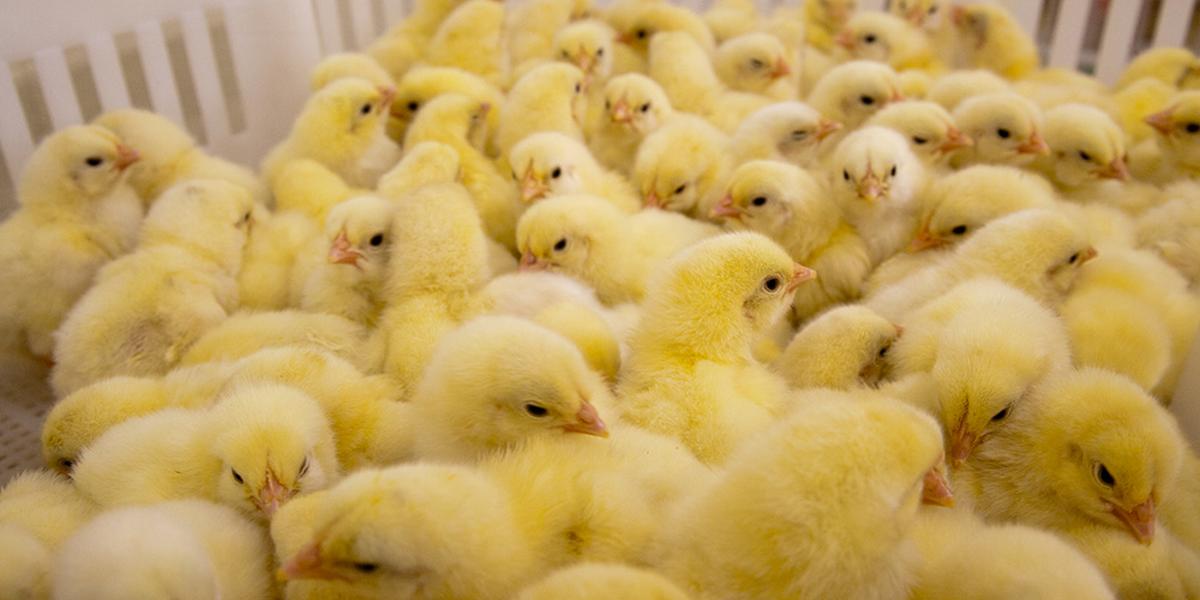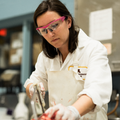A study led by a University of Minnesota College of Veterinary Medicine (CVM) epidemiologist has found significant reductions in the use of most medically important antibiotics in broiler chicken and turkey production. Improvements in antimicrobial stewardship, changing consumer demands, and changes in federal regulations are the likely key factors behind the declines.
Reducing the use of antimicrobials in every health setting is an important step in slowing the emergence of drug-resistant pathogens. More importantly, reducing the need for antimicrobials through improved disease prevention is seen as a more holistic indicator of a population’s health—both human and poultry.
Perhaps the most important takeaway from this first report is the incredibly high voluntary participation rate by US broiler chicken and turkey companies. The report covers the period of 2013–2017, and more than 90% of broiler chickens and 80% of turkeys that were produced in the US are represented in the dataset. This high level of participation provides a sustainable system for capturing antimicrobial use data from the US poultry industry for years to come.
The percentage of broiler chicks that received hatchery antibiotics declined from 93% in 2013 to just 17% in 2017. Meanwhile, turkey poults that received hatchery antibiotics declined from 96% in 2013 to 41% in 2017. Tetracycline use in the feed of broiler chickens dropped by 95% from 2013 to 2017, and decreased by 67% over the same period in turkeys. The use of ceftiofur, a third-generation cephalosporin, dropped to zero in turkey poults in 2017.
The results suggest that companies are making major changes in their production protocols. “In the 2013 data, over 90% of broiler chicks and turkey poults were getting a hatchery antimicrobial,” says Randy Singer, DVM, PhD, professor and epidemiologist in the CVM’s Department of Veterinary and Biomedical Sciences, who led the study. “It’s not always easy to pull those antimicrobials out of the hatchery because they serve a medical purpose. These reductions required major changes in the hatcheries and during the brooding phase of production. Furthermore, there was an industry-wide shift to using antimicrobials considered not medically important to human health, when possible. The challenge is that there are very few not medically important options for use in turkeys.”
Singer’s team will continue to collect data with the hope of providing greater farm-level detail, thereby enabling the application of more precise antimicrobial use metrics. Participating companies were guaranteed anonymity and confidentiality for their data. The study was funded by the Food and Drug Administration and by the US Poultry and Egg Association. The study was conducted by Mindwalk Consulting Group and is available for download.




